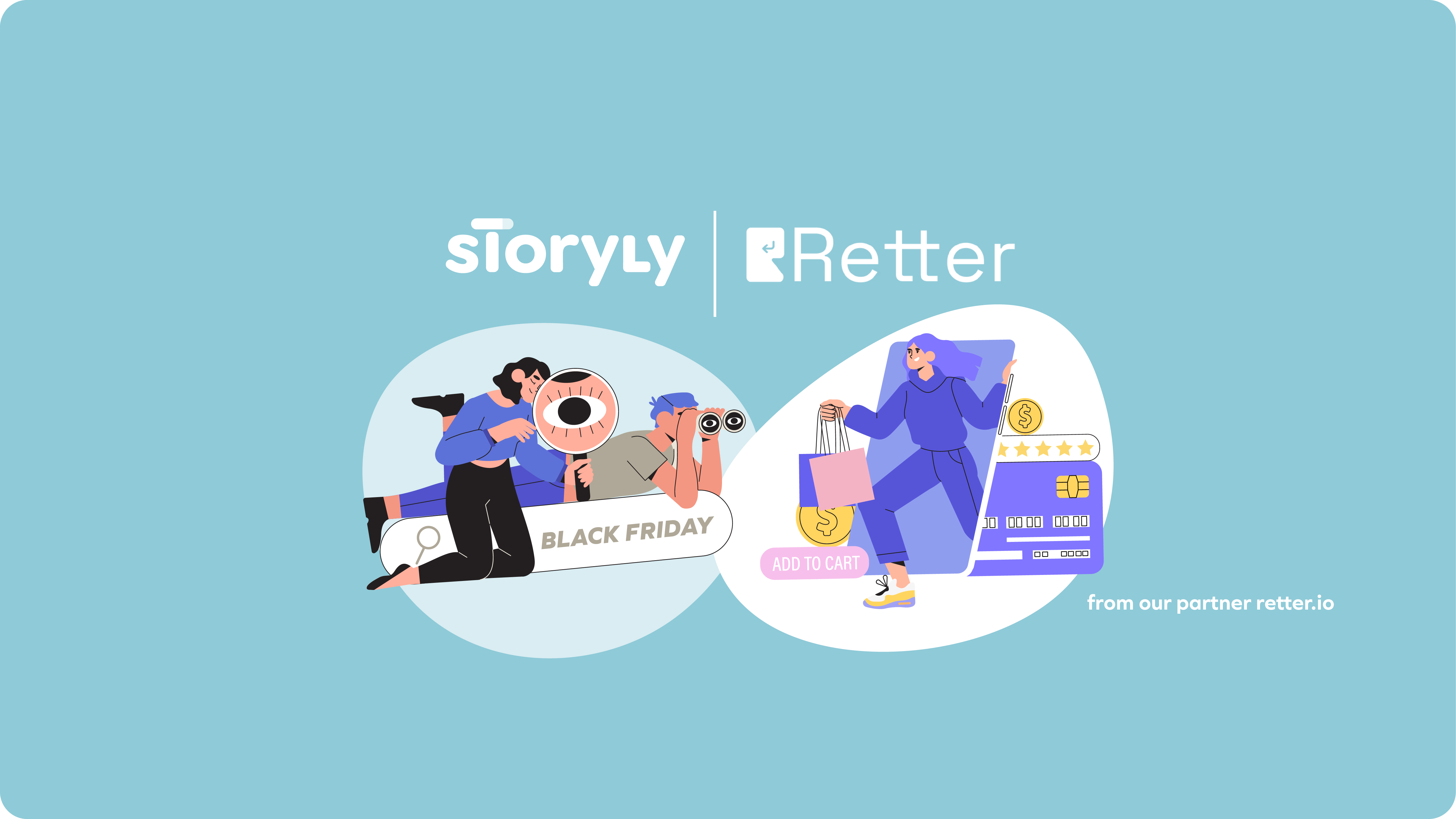How to Market to Gen Z
Shiny clothes, wacky dance moves, and dark comedy. Of course, there is more to Gen Z than these. However, if we ever ask someone how to describe Gen Z, they will say more or less the same things. I think they deserve some thought. Think about it, thanks to the magic of years slipping by, now even the youngest member of Gen Z is capable of using a smartphone.
Let me shock you with a quick fact. Relatively older Zoomers are now in their early twenties. Boom! Years have passed. That means some of them are part of the workforce, while many more are now counted as “consumers”. That sure alters how business is done, where the core group is young adults.
OK, but who are these people? Having rigid birth years to describe generations is not a perfect way to put things. So you’ll have people from a lot of backgrounds to be described as Gen Z or Millennials. That makes things difficult in terms of targeting. It is like trying to target the two middle-aged, billionaire men who are living in a castle example. Although it looks like there are a lot of similarities, one is Ozzy Osbourne, and the other is King Charles.
So, in order to put a marketing strategy in action for a specific generation, marketers should broaden their understanding, such as their characteristics, likes, dislikes, preferences, desires, behaviors, and so on. Yet, with that in mind, marketers also need to acknowledge that sometimes actions and behaviors may have more to unveil than characteristics when it comes to the mindset of coming generations.
Understanding Gen Z: Unraveling the Mindset of the New Kid on the Block
"Gen-Z" refers to Generation Z, the demographic cohort that follows the Millennials (also known as Generation Y). While there isn't a universally agreed-upon date range for when Gen-Z starts or ends, researchers typically use birth years from the mid-1990s to the early 2010s.
One thing to bear in mind about Gen Z is that they are the generation of UI. Consider games. A lot of gamer millennials played video games when they were young adults. Since the tech was limited back then, games were less aesthetically appealing, so games compensated for this lack of visuals with better experiences. Zoomers, on the other hand, started to play games when technology was creating pristine visuals.
This example is important to understand that the priorities of Gen Z are crucial. While playing video games might seem like a broad example, it offers valuable insights into the topic. Consider the evolution of games– the form they take is a result of their intended function. In the first days of gaming, small visual imperfections become insignificant as long as the overall experience remains seamless.
As technological advancements progress, one’s experience and expectations naturally shift, adapting to these changes. Now Gen Z was born in the era of technological advancement. Overall experience, as well as the visual elements, must remain consistent for them to enjoy the experience. Their expectations are higher and, naturally, different from the generations before them.
Try to understand “that” side of Gen Z when you are targeting them. They’ve seen an additionally polished world. Don't confuse Gen Z's desire for authenticity with the notion that you can simply address it by showing them simplistic things. They are accustomed to seeing pixel-perfect, flawless, and polished outputs, and anything contrary would be painful for them.
4 Strategies To Market Gen Z
So, what should you really do to market to Gen Z? There is no blackbook to give you instructions, unfortunately. Yet, there are a couple of tactics to think about when your strategy is to go for Gen Z:
- Leverage Social Media
- Choose Correct Channels
- Go for Authenticity
- Give Them a Personalized Experience
Leverage Social Media: The Power of Authenticity and Engagement
Gen Z has grown up in a world where social media platforms have become an integral part of their daily lives. Social media plays a pivotal role, from communication and entertainment to shopping and activism for them.
Although they have seen technological advancement in every aspect of their lives, Gen Z has seen their fair share of quite bad marketing in their time. Authenticity is not something that Gen Z's demanded all of a sudden waking up one day. They were born in an era of information pollution, and that includes information regarding brands they engage with. So, naturally, they are a bit skeptical about brands and their authenticity.
Now, social media also helps you see the other side of brands. You can verify the information they are sharing, you can see how they are dealing with crises. So, today, an average Gen Z l would like to see the real side of brands. Therefore, being authentic for brands does not mean being unique and true from all corners. You have to show your true self, your flaws, that’s all.
Gen Z engagement is a complex topic as the generation itself. Don’t fall for online guides trying to limit Gen Z to some stereotypical youngster with short pants and flipped hat. Don’t fall for their attention spans are now blah blah seconds nonsense. Be quirky in a peculiar way, just like them.
Choose Correct Channels: The Dominance of Social Media in Gen Z's Daily Lives
To truly understand Gen Z's influence, it's essential to recognize the dominance of social media in their routines. Platforms like Instagram, TikTok, Snapchat, and Twitter (keep an eye out for a giant X while you are headed to Twitter) have become their go-to sources for information, entertainment, and social interaction. Brands that want to make an impact must establish a presence where Gen Z spends the most time.
Now, I’m going to say something a little bit over the top. There is nothing special about TikTok, Snapchat, Twitter, etc. Don’t try to derive a correlation between them and Gen Z, that is not there. Gen Z individuals use these social media platforms because they are there. That’s it. I was there when the first “poke” came from Facebook. I was there when people had Instagram accounts for their pets. Today, things are not that much different, we now have TikTok accounts in the same fashion.
Think about MySpace, AOL, and old forums. (May their souls rest in peace) There’s always been a dominant virtual space for people to hang out. The correlation you have to derive from here is not between TikTok and Gen Z, it is between trends and dominant ways of communicating. We started naming generations for the last 50-60 years, but that does not mean there weren’t other generations looking for authenticity and “coolness” in the good old days.
Each social media platform resonates differently with Gen Z. Instagram and TikTok, for instance, prioritize visual content and short videos, making them ideal for creative and engaging marketing strategies. Authenticity and relatability are crucial in building trust, as Gen Z can easily spot inauthentic marketing attempts. You should immerse yourself in the culture of these platforms, participating in challenges, using relevant hashtags, and collaborating with influencers who share their values.
Think about it! Research shows almost half of US Gen Z adults spend more than three hours per day using social media. Nearly 9 in 10 spend more than one hour each day using social media. Additionally, a quarter of US Gen Z adults (25.7%) say they use YouTube the most, followed closely by TikTok (25.0%) and Instagram (20.0%).
Go for Authenticity: The Power of Authenticity, Transparency, and Storytelling
Gen Z is highly attuned to the values and ethics of brands. Authenticity, transparency, and storytelling have become key differentiators in capturing their attention. They respond positively to brands that openly communicate their values, missions, and social responsibility efforts. Sharing genuine stories that resonate with their experiences fosters a deeper emotional connection.
I know I said otherwise, and I stand by it, but still, we all have to accept that Gen Z's attention span is short. This challenge presents an opportunity for innovative content creation. Short videos, memes, and interactive experiences are formats that align with their preferences. These formats quickly capture attention and convey messages effectively. You should aim for content that's not only concise but also visually stimulating and relatable. Remember their thirst for polished content, right? Polished does not always mean shiny and glossy, sometimes short works too.
What I love about them is also their core motivation for their brand loyalty. The Gen Z crowd prefers brands with missions that align with their values, and they're more willing to support and be loyal to purpose-driven brands. This research showed that brands with an environmental focus are valued by 30% of Gen Z individuals, compared to 15% of baby boomers. Twenty-seven percent of Gen Z will stick with brands that use sustainable packaging, while 18% of boomers will.
Apart from all this, Gen Z has a strong desire to support brands that align with their social and environmental values. eCommerce brands should actively engage with causes that resonate with this generation, showcasing their commitment to sustainability and ethical practices.
Give Them a Personalized Experience: Personalization For Individual Gen Z Customers
In today's digital age, the expectation of personalization has become a driving force behind successful marketing strategies. Gen Z, with their preference for unique experiences, demands brands to cater to their individual preferences. This makes personalization not just a feature but a necessity.
Gen Z is accustomed to a digital world where recommendations are tailored to their interests and preferences. They expect brands to recognize their distinctiveness and deliver experiences that resonate with their needs and desires. This shift from one-size-fits-all to individualized interactions is a cornerstone of effective Gen Z marketing.
Companies have a wealth of data at their disposal, and harnessing this data can empower eCommerce brands to create personalized experiences that resonate with Gen Z consumers. By analyzing purchase history, browsing behavior, and demographic information, brands can understand their customer's preferences on a granular level and craft tailored recommendations, offers, and content.
Everyone is talking about Gen Z and AI. Let’s mix them up and see what we’ll get. There is no doubt that AI-driven personalization is a game-changer in marketing to Gen Z. This enables dynamically adjusting content, product recommendations, and communication based on each customer's behaviors and interactions.
Benefits of AI-Driven Personalization:
Personalized experiences captivate Gen Z's attention and encourage deeper engagement with brands. Relevant content and offers increase the likelihood of conversions.
Tailoring experiences show that a brand understands and values its customers. This fosters loyalty, making Gen Z consumers more likely to stick around for the long haul.
AI can optimize marketing efforts by automating processes like segmenting audiences, crafting personalized messages, and determining the best timing for communication.
AI doesn't just personalize; it provides insights. By analyzing user behavior, AI can reveal trends and preferences that inform strategic decisions.
In a landscape where individuality is celebrated, personalization emerges as a pivotal strategy for brands targeting Gen Z. By harnessing data and utilizing AI, brands can not only meet but exceed Gen Z's expectations for personalized experiences, cultivating lasting connections and driving business success.
Effectively marketing to Gen Z requires a comprehensive understanding of their preferences and behaviors. Authenticity, engagement, personalization, and having a social responsibility strategy are key pillars of success. By aligning with Gen Z's values and crafting content that resonates with their culture, brands can foster deep connections, drive business growth, and make a lasting impact in the dynamic world of Gen Z-dominated social media.














